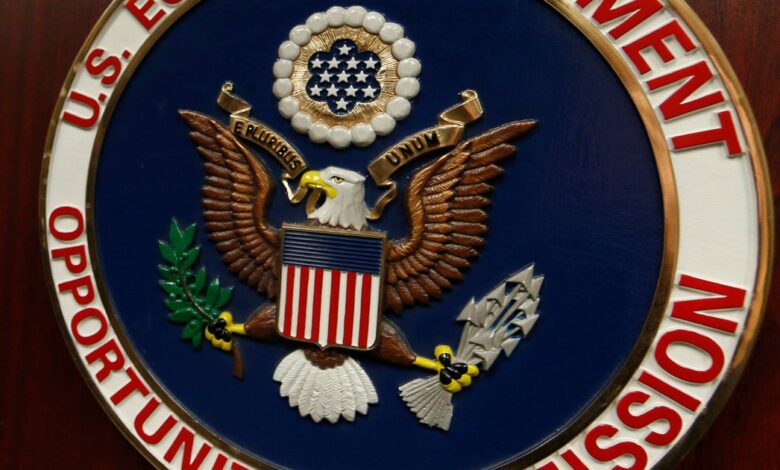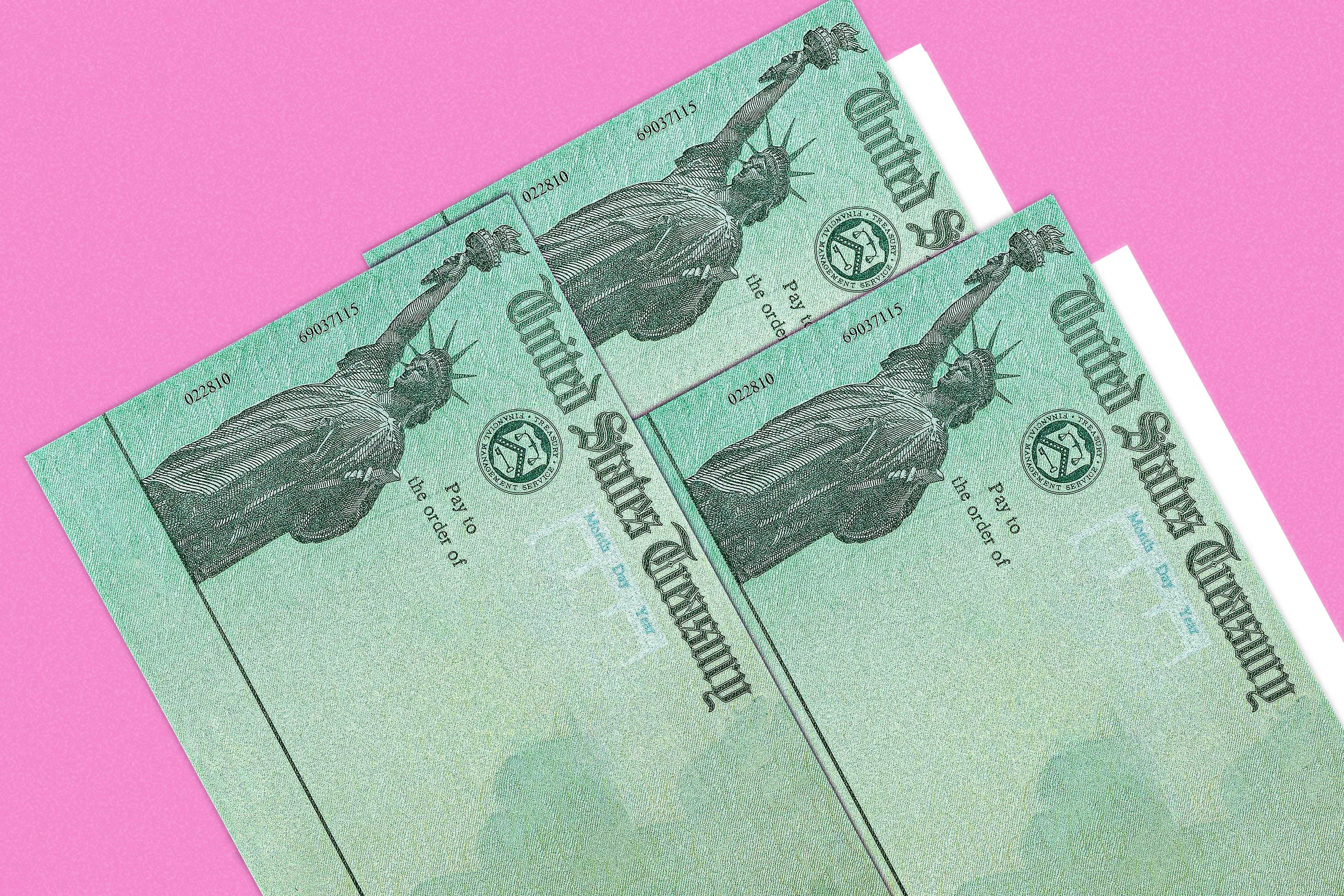Judge scraps federal rules requiring employers to give workers time off for abortions

A recent ruling by U.S. District Judge David Joseph of the Western District of Louisiana has overturned regulations that required most U.S. employers to provide accommodations for abortions. The decision was a victory for conservative lawmakers and religious groups who opposed the Equal Employment Opportunity Commission’s inclusion of abortion in regulations related to the implementation of the Pregnant Workers Fairness Act, which was passed in December 2022.
The EEOC’s decision sparked immediate backlash, leading to multiple lawsuits and undermining the bipartisan support that the law initially had. Judge Joseph, appointed by President Trump, sided with the plaintiffs in two consolidated lawsuits brought by the attorneys general of Louisiana and Mississippi, as well as the U.S. Conference of Catholic Bishops and other Catholic organizations. He ruled that the EEOC had overstepped its authority by including abortion in its regulations.
Both Mississippi and Louisiana have strict abortion laws in place, which played a significant role in the legal challenge against the EEOC’s regulations. The ruling highlighted the importance of clarity in legislative language, particularly on such a contentious issue as abortion.
Bipartisan Support for Pregnant Workers Law
The Pregnant Workers Fairness Act was designed to provide much-needed support for pregnant workers, particularly those in low-wage positions who often faced discrimination and lack of accommodations. The law, which applies to employers with 15 or more employees, aimed to address the gaps left by previous legislation that failed to ensure pregnant workers received necessary accommodations.
However, the EEOC’s interpretation of the law to include abortion as a covered condition caused a rift among lawmakers. Many Republicans, including Senator Bill Cassidy, expressed outrage at the decision. Judge Joseph’s ruling struck down the provision related to abortion, while the rest of the regulations remain intact.
Louisiana Attorney General Liz Murrill hailed the court’s decision as a victory for the state and for the pro-life movement. On the other hand, advocacy groups like A Better Balance criticized the ruling, viewing it as a setback for women’s rights and reproductive freedom.
EEOC in Transition
The ruling comes at a time of transition for the EEOC, with the Trump administration making significant changes to the composition of the commission. President Trump’s actions have left the EEOC without the quorum needed to make key decisions, potentially leading to a reevaluation of the Pregnant Workers Fairness Act regulations in the future.
Acting EEOC Chair Andrea Lucas, who opposed the abortion provision, has expressed a commitment to revising the regulations. Similar lawsuits challenging the inclusion of abortion are ongoing, with the outcome likely to have far-reaching implications.
While the Trump administration has defended the Pregnant Workers Fairness Act in some legal battles, the future of the law remains uncertain. The impact of Judge Joseph’s ruling is significant, reflecting broader debates on women’s rights and reproductive health.
Overall, the legal battle over the EEOC regulations highlights the complexities of balancing workplace accommodations with sensitive issues like abortion. As the legal landscape continues to evolve, the rights of pregnant workers and the broader implications of reproductive health policies remain hotly debated topics.





